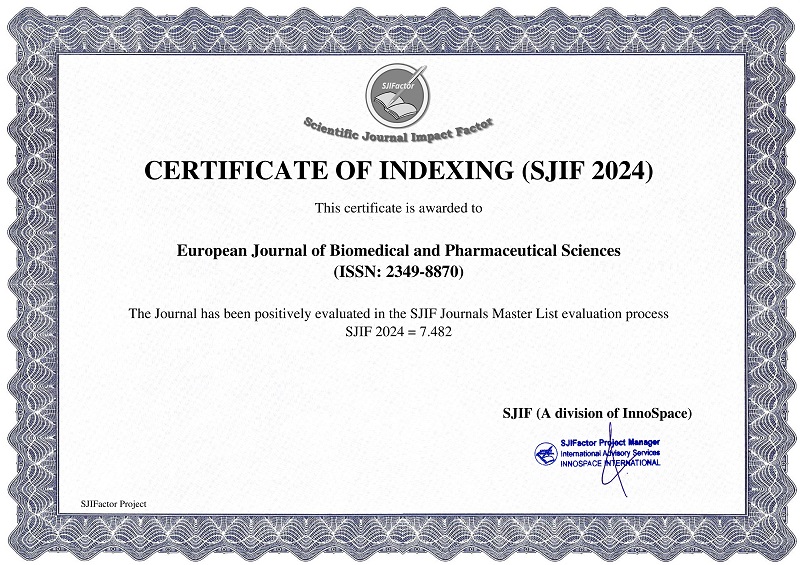EVALUATION OF ACUTE PANCREATITIS AND CANNABIS ABUSE ASSOCIATION AND OUTCOMES: A CROSS SECTIONAL STUDY USING LARGE INPATIENT DATA
Muhammad Talal Sarmini MD*, Mohammad Maysara Asfari MD*, Yasser Al-Khadra MD, Mohammad Alomari MD, Sara Kousha PharmD, Arthur J McCullough MD
ABSTRACT
Cannabis is the most commonly used illicit drug in the United States and worldwide. The association between cannabis abuse (CA) and acute pancreatitis (AP) is still controversial. We conducted this study to clarify this association. Methods: We queried the National Inpatient Sample (NIS) database between 2002 and 2014 and identified patients who were diagnosed with CA. The association between CA and AP was assessed using multivariate logistic regression. We used propensity score matching to assess outcomes of patients with AP and CA compared to AP patients without CA. Outcomes of interest included: mortality, acute kidney injury (AKI), acute respiratory failure (ARF), hypocalcemia and length of stay (LOS). Results: Out of 101,020,258 total patients, 836,960 (0.828%) were diagnosed with CA. CA patients were younger (34.7 vs 48.1), less likely to be female (39.2% vs 58.6%) and more likely to be African American (30.5% vs 14.1%) (P < 0.001). They also had a higher rate of smoking and alcohol use. CA group had lower rate of AP (OR: 0.74, 95% CI 0.73-0.76, P < 0.001). Using propensity score matching, we identified two groups with AP with and without CA. CA group had lower mortality (0.4% vs 1.2%), less ARF (1.7% vs 4.8%), less AKI (7% vs 9.4%) and shorter LOS (4.29 vs 5.92), (P 0.01 < all). Conclusion: Patients with CA had lower rate of AP and had better inpatient morbidity and mortality. This finding is likely due to the anti-inflammatory effects of cannabinoids. Additional studies are needed to clarify this association.
Keywords: Acute pancreatitis, marijuana abuse, cannabinoids, anti-inflammatory.
[Full Text Article]
[Download Certificate]


 Impact Factor : 8.181
Impact Factor : 8.181 






